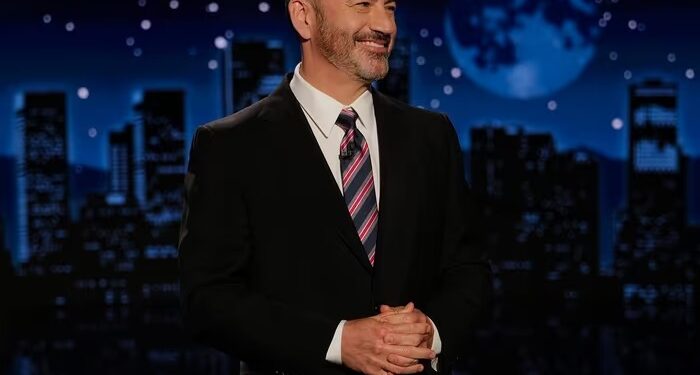US television host Jimmy Kimmel made his comeback last night, returning to the stage of Jimmy Kimmel Live! after a six-day suspension over remarks linked to the killing of conservative activist Charlie Kirk. The broadcast, delivered with a mix of emotion and defiance, underscored tensions between entertainment, politics and media regulation.
A contested return to air
Kimmel opened his monologue by clarifying his earlier comments, insisting he had never intended to “make light” of Kirk’s death. His voice cracked as he explained that his remarks were aimed at political exploitation of the tragedy rather than any individual. The apology came amid significant public scrutiny and mounting pressure on ABC and its parent company Disney.
From suspension to reinstatement
ABC had suspended Kimmel indefinitely following backlash, describing the comments as insensitive. The move was reinforced by statements from Federal Communications Commission officials, who warned of possible repercussions for affiliates broadcasting the show. After days of negotiations, Disney reversed course, allowing Kimmel to return to air on Tuesday night.
Not all stations followed
Despite his reinstatement, several major affiliate groups, including Sinclair and Nexstar, declined to broadcast his comeback. Together they represent nearly a quarter of ABC’s national reach, meaning many viewers were unable to see the live return. Disney reiterated its support for Kimmel, but the dispute highlights fractures between corporate networks and their local partners.
Industry and political reactions
The controversy has ignited debate over the boundaries of satire, accountability and free speech. Civil liberties groups criticised the suspension as a chilling precedent, while fellow late-night hosts Stephen Colbert and John Oliver expressed solidarity with Kimmel. Critics, however, maintain that high-profile figures must be mindful of their influence during moments of national tension.
Implications for media and free expression
Kimmel’s return illustrates the increasingly fraught intersection of comedy and political commentary. The decision by affiliates to refuse his show demonstrates the leverage local broadcasters hold, while also raising questions about media independence. The episode is likely to fuel broader discussion about how regulatory pressure and corporate interests shape what reaches audiences on national television.
Newshub Editorial in North America – 24 September 2025




Recent Comments